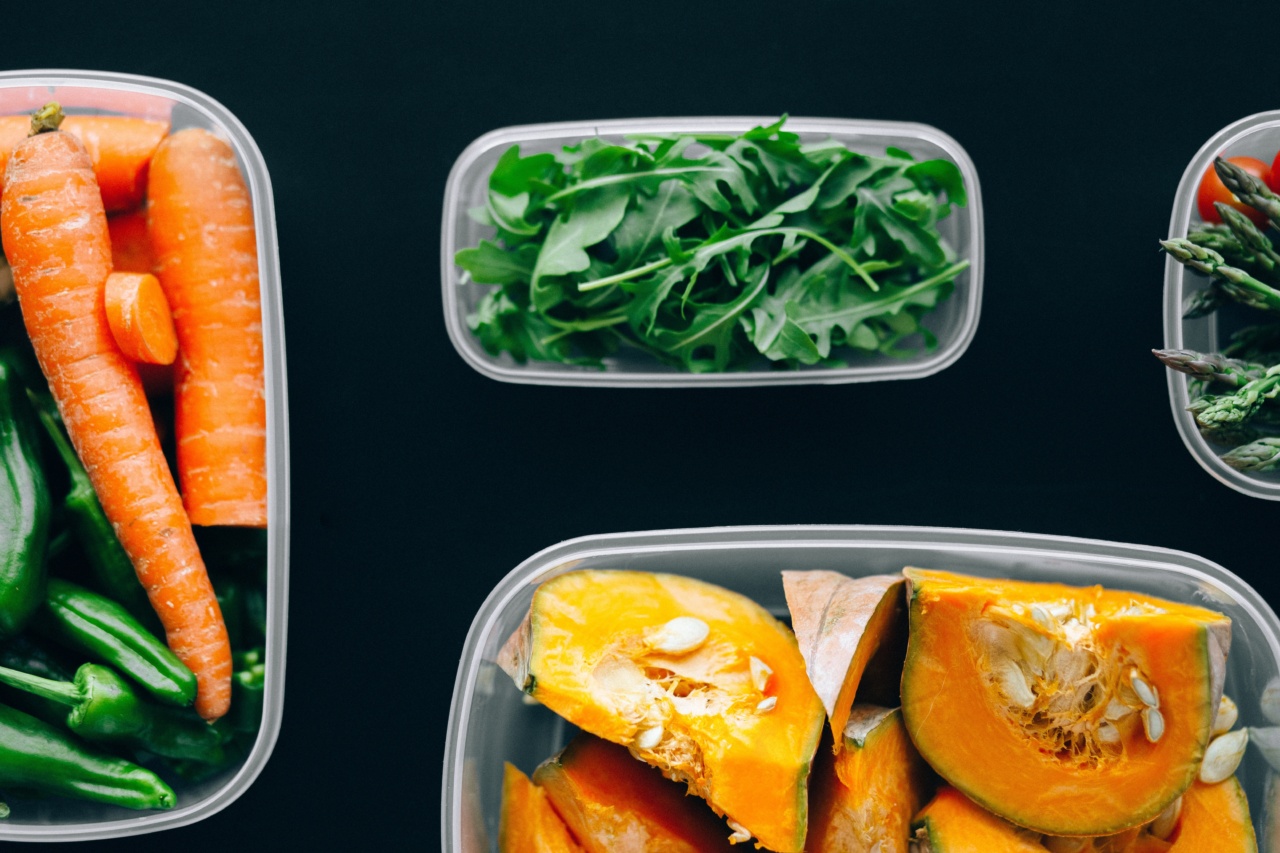Bloating is a common digestive discomfort that many people experience on a regular basis. It is characterized by a swollen or full feeling in the abdomen, accompanied by excessive gas production.
While bloating can be caused by various factors such as overeating, indigestion, or certain medical conditions, certain nutritious foods can also contribute to this uncomfortable condition. In this article, we will explore some nutritious foods that have the potential to cause bloating.
1. Cruciferous Vegetables
Cruciferous vegetables like broccoli, cauliflower, cabbage, and Brussels sprouts are highly nutritious and packed with vitamins, minerals, and fiber.
However, they also contain a type of carbohydrate called raffinose, which is known to cause gas and bloating. These vegetables are also rich in sulfur compounds that can be difficult to digest, leading to bloating and discomfort for some individuals.
2. Legumes
Legumes such as beans, lentils, and chickpeas are excellent sources of protein, fiber, and other essential nutrients. However, they contain complex sugars called oligosaccharides, which humans lack the necessary enzymes to break down fully.
As a result, these sugars pass into the large intestine undigested, where they are fermented by gut bacteria, leading to gas production and bloating.
3. Onions and Garlic
Onions and garlic are commonly used as flavor enhancers in various cuisines due to their distinct taste and aroma. Unfortunately, they also contain fructans, a type of carbohydrate that is poorly absorbed by the small intestine.
This can lead to bloating and other digestive symptoms, especially for individuals with irritable bowel syndrome (IBS) or a sensitivity to FODMAPs (fermentable oligosaccharides, disaccharides, monosaccharides, and polyols), a group of carbohydrates known to cause digestive issues.
4. Apples
Apples are a popular fruit that is rich in fiber, vitamins, and antioxidants. While the fiber in apples is beneficial for digestive health, certain individuals may experience bloating after consuming them.
Apples contain both soluble and insoluble fiber, with the latter being more likely to cause digestive discomfort, especially when consumed in large quantities.
5. Dairy Products
Dairy products like milk, cheese, and yogurt are excellent sources of calcium, protein, and other essential nutrients. However, lactose, the naturally occurring sugar in milk and dairy products, can be difficult for some individuals to digest.
People with lactose intolerance lack the necessary enzyme, lactase, to break down lactose, leading to bloating, gas, and other digestive symptoms.
6. Carbonated Drinks
Carbonated drinks like soda, sparkling water, and even certain fruit juices can introduce large amounts of gas into the digestive system.
The carbonation process adds carbon dioxide to these beverages, which can get trapped in the stomach, leading to bloating and discomfort. Additionally, flavored carbonated drinks often contain artificial sweeteners, which can also cause digestive issues in some individuals.
7. Whole Grains
Whole grains like wheat, barley, and rye are often praised for their high fiber content and other beneficial nutrients.
However, their fiber-rich composition can sometimes be difficult to digest, leading to bloating and other gastrointestinal symptoms, particularly for individuals with sensitive digestive systems or those who are not accustomed to consuming high-fiber foods.
8. High-Fat Foods
Foods that are high in fat, such as fried foods, fatty cuts of meat, and rich desserts, can slow down the digestion process. This delay in digestion can cause food to sit in the stomach for longer periods, leading to feelings of fullness and bloating.
Additionally, high-fat foods can stimulate the production of digestive enzymes, creating a sluggish and bloated sensation.
9. Artificial Sweeteners
Artificial sweeteners like sorbitol, xylitol, and maltitol are commonly found in sugar-free products, including chewing gum, candies, and beverages.
While these alternatives to sugar may seem like a healthier option, they can cause digestive issues for some individuals. Artificial sweeteners are known to be poorly absorbed in the small intestine and subsequently fermented by gut bacteria, leading to bloating, gas, and even diarrhea.
10. Salty Foods
Foods high in salt, such as processed snacks, cured meats, and certain condiments, can contribute to water retention in the body. Sodium, the main component of salt, can cause fluid imbalance, leading to bloating and puffiness.
Excessive sodium intake can also increase blood pressure, further exacerbating the discomfort associated with bloating.




























